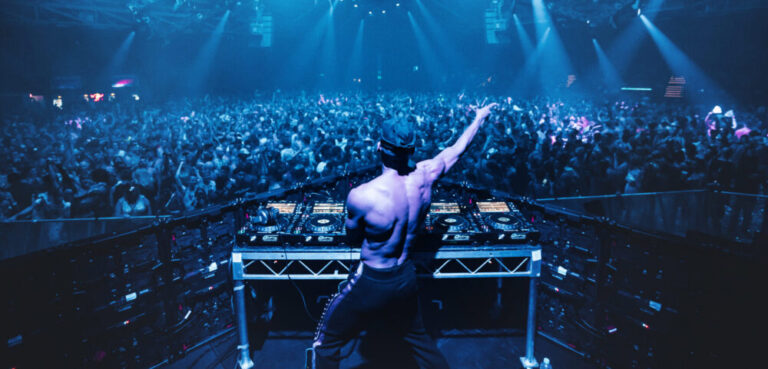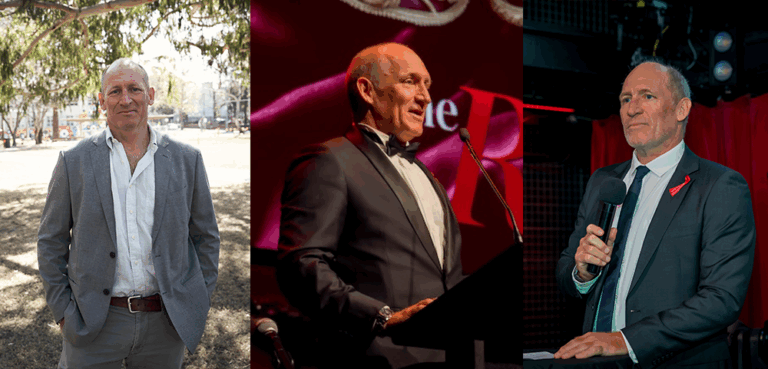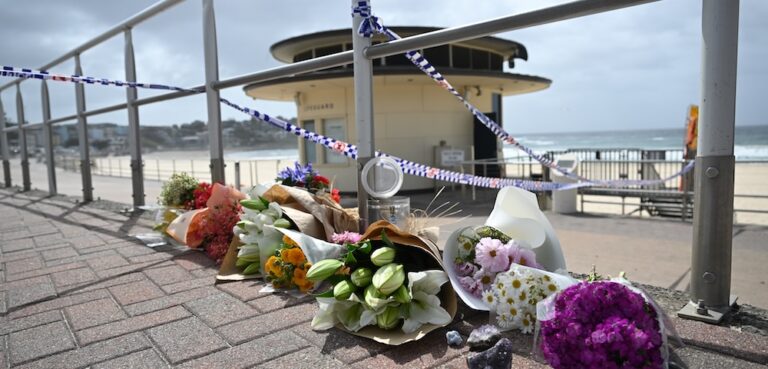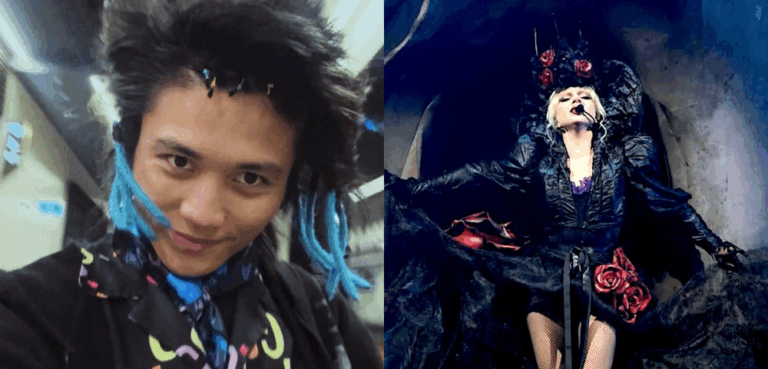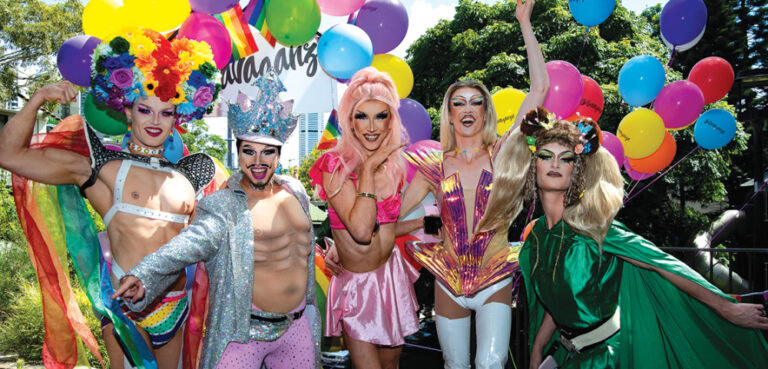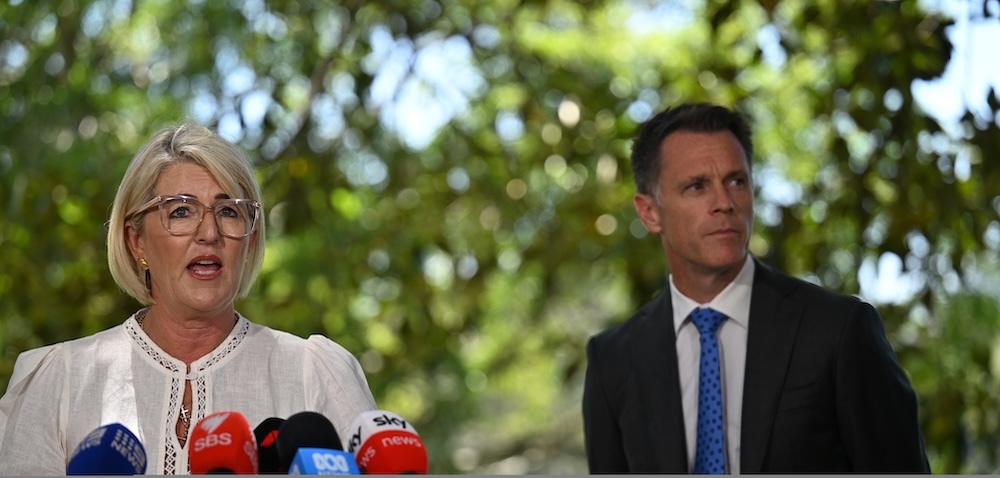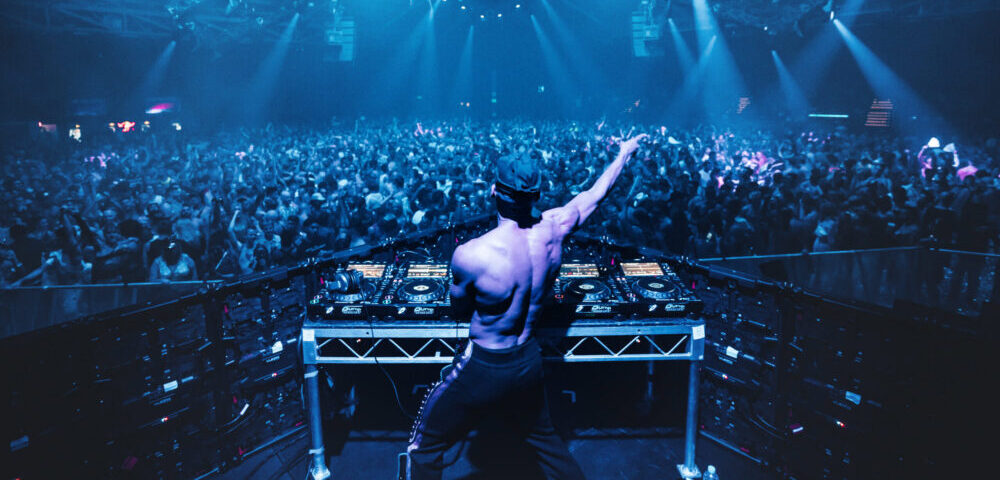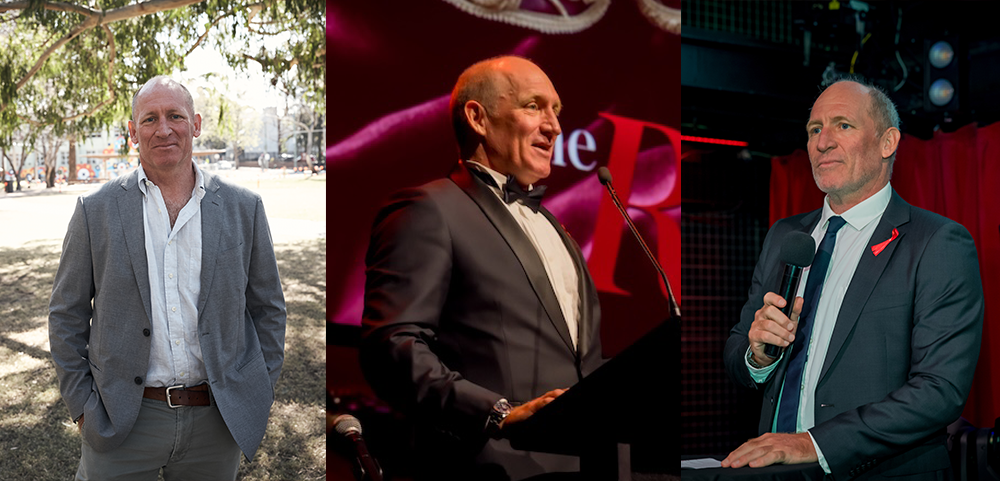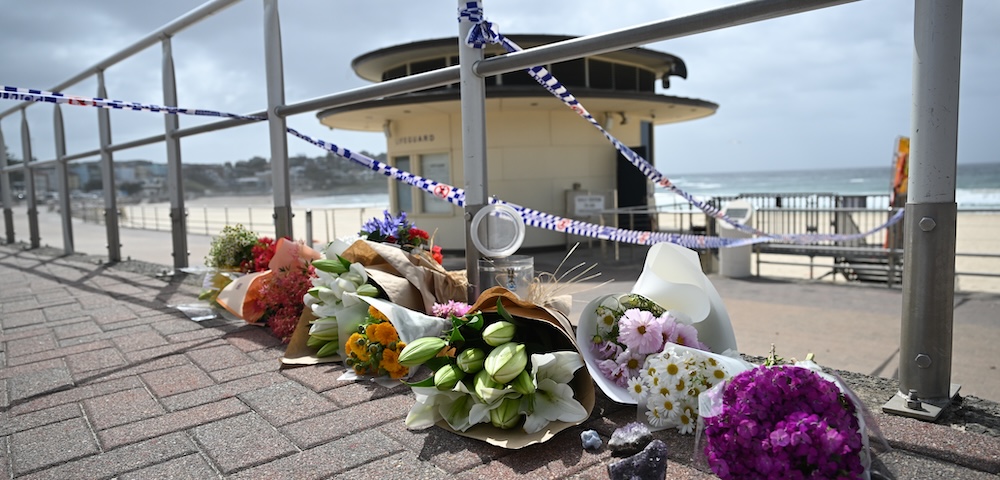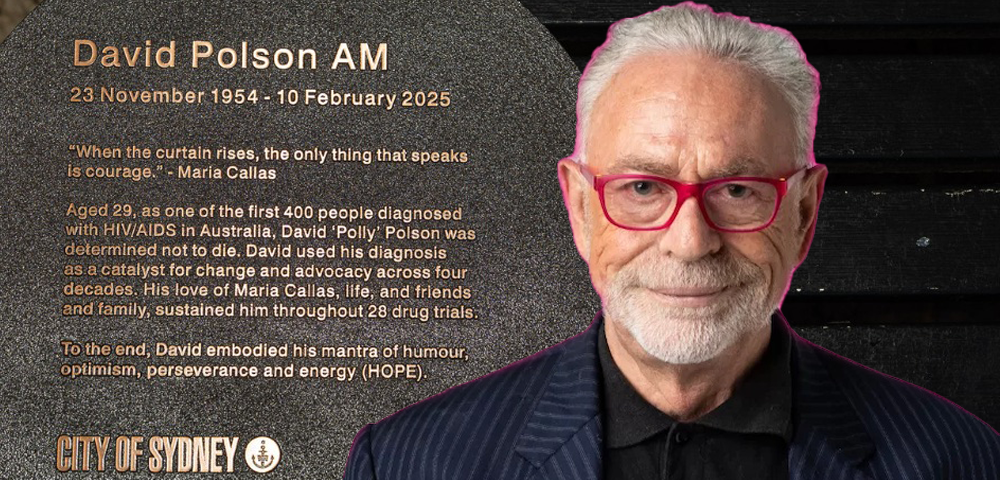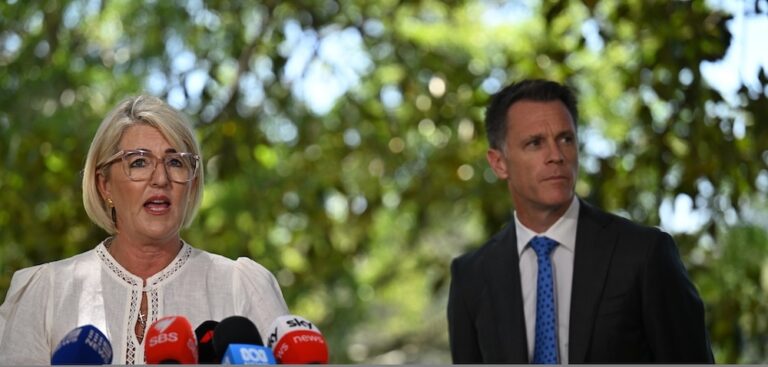
Greens on the verge
New South Wales has been fertile ground for the Greens over the past couple of years. This state returned a Greens Senator (Kerry Nettle) at the federal election in 2001, and the lower house seat of Cunningham fell to the party at a by-election last year (a coup that the Australian Democrats have not achieved in 25 years). But will the momentum of these successes carry over to the NSW state election?
The signs are mixed. Current anti-war sentiment would suggest a flow of support to the party, but some commentators have all but written the Greens off following the release of their drugs policy two weeks ago. That policy, which called for the controlled availability of drugs such as speed and ecstasy, resulted in the party being shut out from Liberal party preferences.
But hopes are still high within the party that Ian Cohen will be returned to the Legislative Council, and that the vote will be sufficiently strong to get the number two candidate -“ current Marrickville Councillor Sylvia Hale -“ over the line and into parliament as well.
We don’t measure how we’re doing by the polls, contends the Greens candidate for Bligh, Anita Ceravolo. The polls are great, but that’s not how we conduct our campaign.
We are a party based on principles, and we don’t operate in the way that other parties seem to, explains Greens member Jeff Poole. People seem to respond well to that.
We’ve really come out as a party that was only known as a one-issue party. People have come to realise that we cover a full spectrum of policies, and we’re thorough about that, and they’re fully costed, Ceravolo continues.
Thorough is certainly an apt descriptor for the Greens policies for gay, lesbian, bisexual, transgender and intersex people. In this campaign, their priorities pretty much perfectly mirror those of the Gay and Lesbian Rights Lobby: age of consent, relationship recognition and reform of the Anti-Discrimination Act.
Greens spokesperson on GLBTI issues, Emelia Holdaway (who stood for the seat of Bligh in the 1999 election), takes up the case.
We’re very concerned about the state of discrimination legislation in New South Wales, she says. There are a lot of glaring gaps and also some concern about the exemptions that exist for religious organisations. We’ve been working for the last year to amend the Act, and we’ll be doing a lot more on that over the next few weeks.
Removing the exemption provisions of the ADA will be a hard battle, as it involves taking on the power of the churches. Holdaway concedes that this is a long-term goal.
In the first place, we want to raise some profile and debate and discussion about this, she says. The exemptions that exist in the Act aren’t well-known in the community generally, and I’m not convinced that there will be support in the broader community for those sorts of exemptions. It’s actually a fight for a lot of people, not just homosexuals.
And Poole adds, the churches may not necessarily prove to be one monolithic body of opinion on this issue.
Within the churches there are certainly lots of people who support gays and lesbians, he says. The thing is that those pockets are kept down, and there are a lot of people in the church who feel they can’t speak out. What we’re hoping to do is make the connection.
The confidence the Greens have in their ability to make dramatic social changes is not newfound, but the party’s morale has certainly been given a boost since the Cunningham by-election victory last year.
Western Australia MLC, Giz Watson, (who was the first openly acknowledged lesbian elected to any Australian parliament), describes Cunning-ham as a watershed for the party.
To say that we won just because the Labor Party was in disarray is only part of the story, she argues. I think that really understates the mood of change that’s happening in Australia.
The victory has helped give the party a renewed sense of purpose, it would seem.
We’re not simply a party that wants to be an umpire between the major parties, Watson says. That’s the difference between ourselves and the Democrats. We say we have a role to play in governing, and we don’t shy away from that. We will start to win lower house seats. In WA, in the Nedlands by-election, which was the Premier’s seat, for an extra 500 votes we would have won it. When we get that close, people sit up and take notice of us.
I’m not debasing the role of the upper houses in our parliaments -“ I’m a member of one myself -“ and there’s enormous potential there in terms of holding the balance. But to progress a Greens agenda, and a progressive political agenda, we need to get involved in the lower house as well.
But will the Greens get their wish at this state election? It’s easy to think not, but Watson rails against such pessimism.
She cites the passage of gay and lesbian law reform in Western Australia as an example: almost overnight, the state went from worst to best in terms of gay and lesbian equality -“ testament to a society’s ability to change.
I’m here to say: it’s all achievable, she says.
